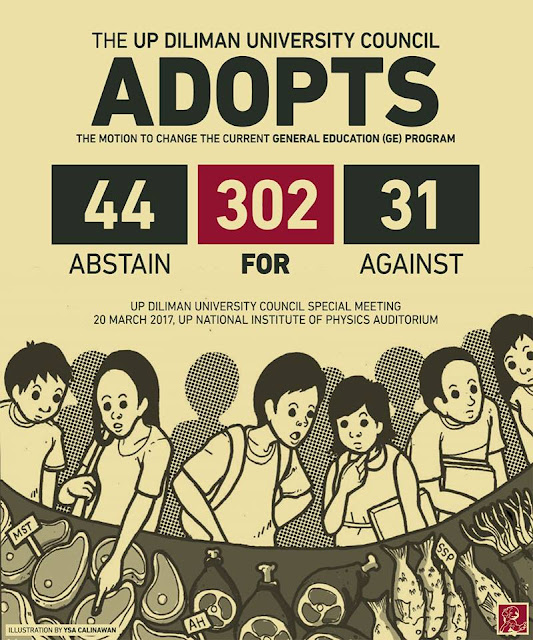DepEd's K to 12 Ensures Employment for Its Graduates?

"The K to 12 basic education curriculum will be sufficient to prepare students for work." This is one of the promises of the Philippine DepEd K to 12 curriculum . With assumed school-industry partnerships, the techvoc tracks of the senior high school are expected "to allow students gain work experience while studying and offer the opportunity to be absorbed by the companies". Focusing on a school-work transition in high school may indeed yield employment benefits in the short-term, but sacrificing general education may also lead to a very early specialization that can easily hinder adaptability and therefore decrease employment in later life. With a rapidly changing job market, skills specific to a given occupation can become obsolete. Thus, vocational education in high school may be beneficial right away, but disadvantageous in the long term. Determining the effects of either a vocational or general education on employment is not straightforward since tracking in...













